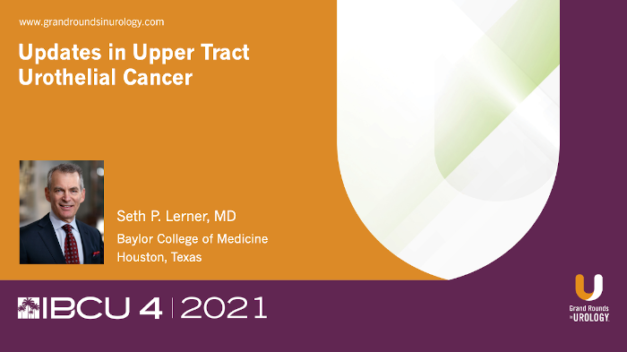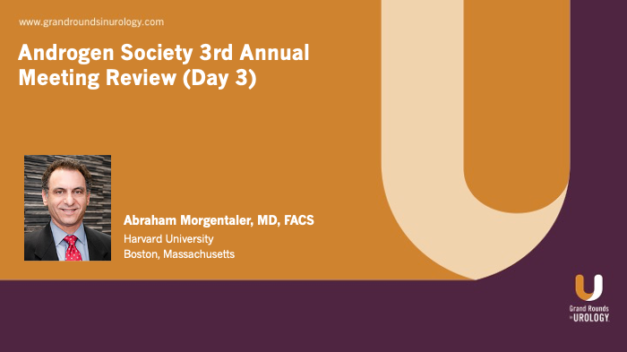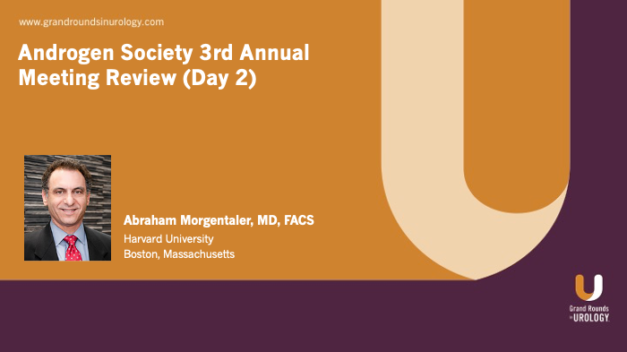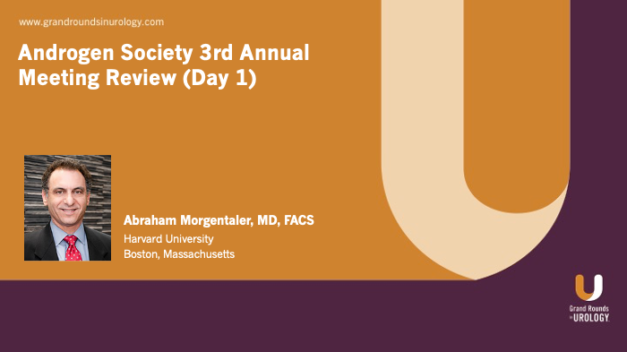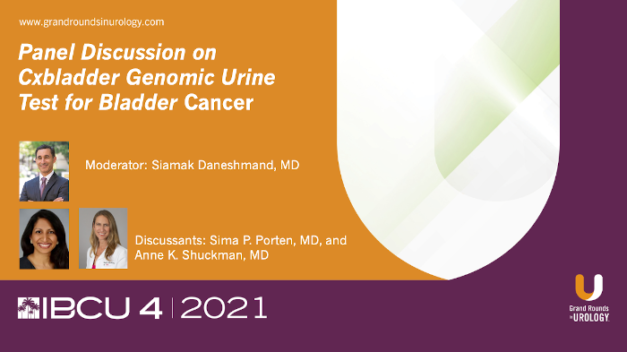Updates in Upper Tract Urothelial Cancer
Seth P. Lerner, MD, Professor of Urology and holder of the Beth and Dave Swalm Chair in Urologic Oncology in the Scott Department of Urology at Baylor University, provides an update on recent trials and treatment options for Upper Tract Urothelial Cancer (UTUC). He begins with the OLYMPUS study, outlines the rationale for neoadjuvant therapy, reviews ECOG’s EA8141 trial, and concludes with a discussion of adjuvant therapy.
Read More
